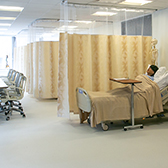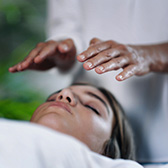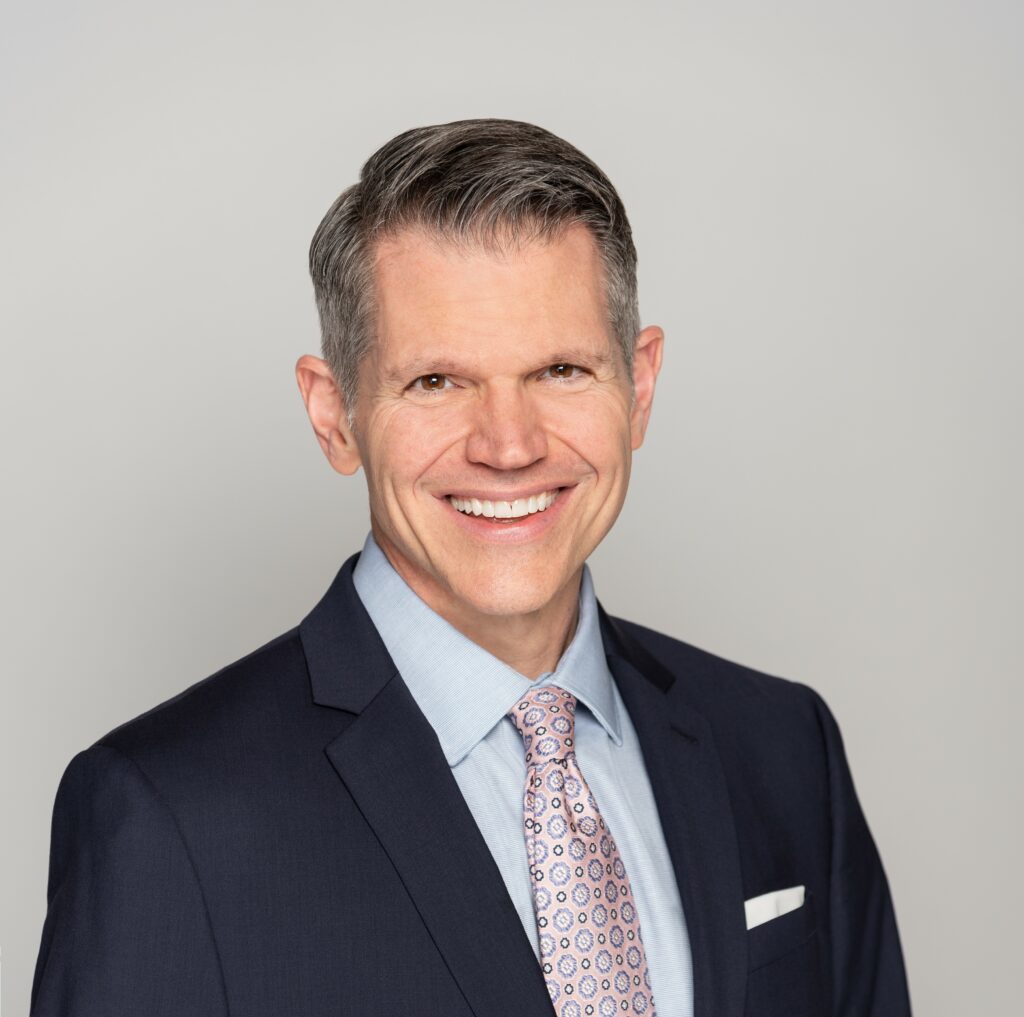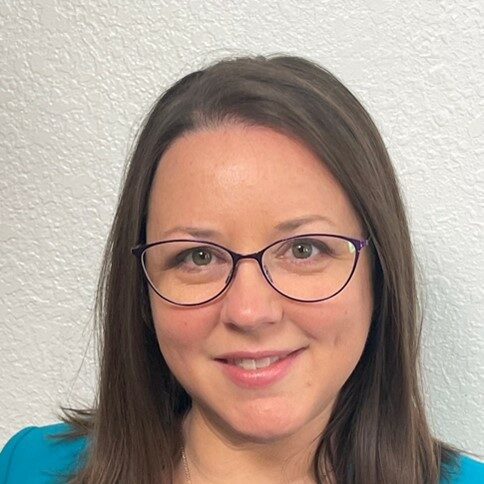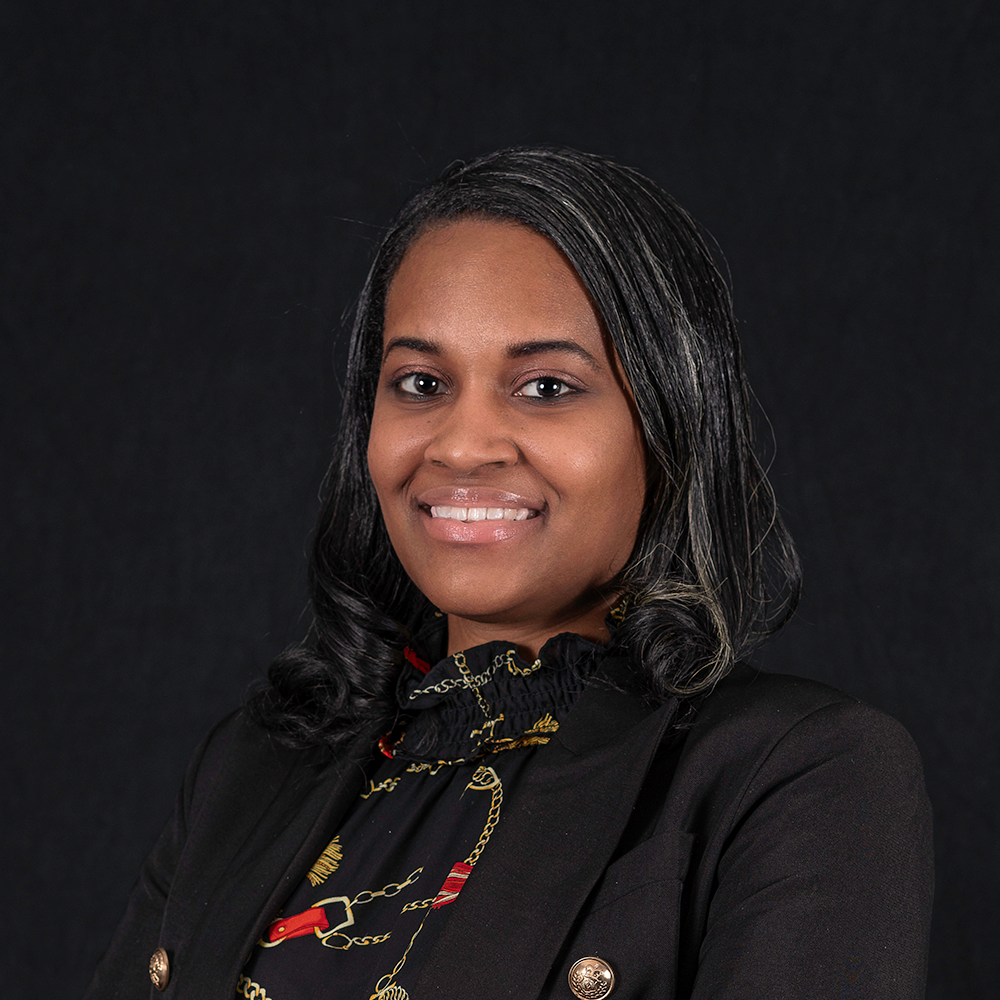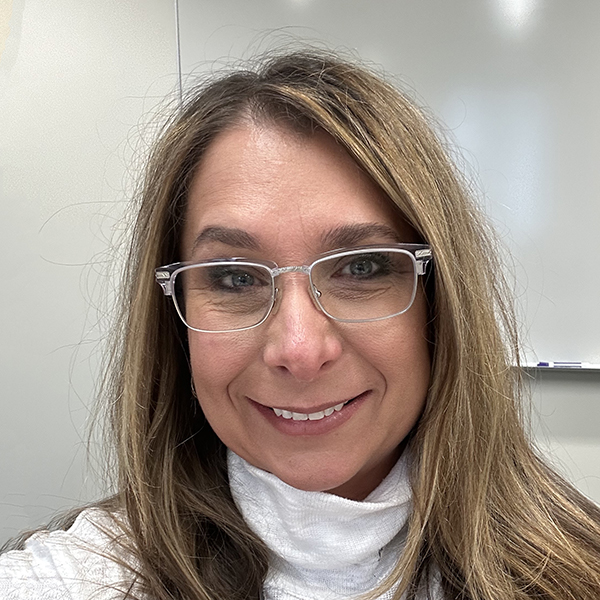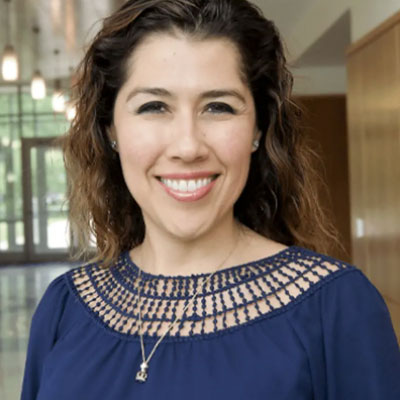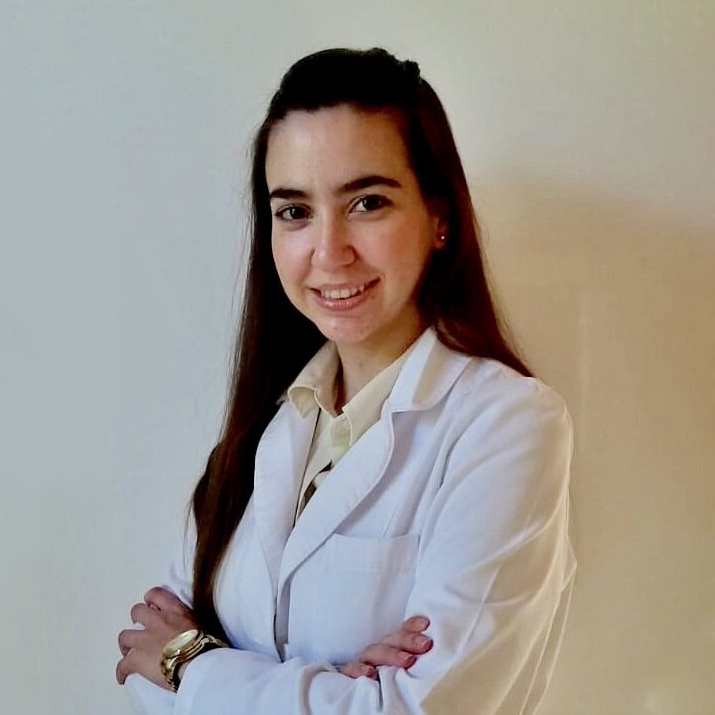Nursing Programs
Next term starts on May 4th, 2026!Dedicate Yourself to Improving Lives Exponentially With a Holistic Nursing Program
 Across the U.S., patients are increasingly seeking out natural, evidence-based solutions, leading health practitioners to offer care centered on holistic healing and integrative health. The philosophical and scientific evolution in the healthcare industry is driving demand for nurses skilled in providing alternative and holistic treatments to help patients achieve spiritual, emotional, and physical balance.
Across the U.S., patients are increasingly seeking out natural, evidence-based solutions, leading health practitioners to offer care centered on holistic healing and integrative health. The philosophical and scientific evolution in the healthcare industry is driving demand for nurses skilled in providing alternative and holistic treatments to help patients achieve spiritual, emotional, and physical balance.
NEW! Bachelor of Science in Nursing (prelicensure option) at the New York campus. Hybrid format: online + on-campus lab + clinical at partner sites. No pre-reqs, no waitlist!
Take the Pacific College Holistic Nursing Career Readiness Quiz
This fun, online quiz takes 3 minutes to complete and you’ll receive a personalized report. Identify your strengths and social style to help you determine what you are best suited for. Get your Holistic Nursing Career Readiness score now!
Holistic Nursing Program Options Offered
Bachelor of Science in Nursing
(Prelicensure Option)
NY Campus
New program option at the New York campus! Hybrid BS in Nursing program with no pre-reqs, no waitlist, direct entry, and an integrative nursing focus.
Holistic Nursing Certificate
Online
Ideal for RNs curious about integrative healthcare and how to bridge the gap with Western healthcare.
Highlights of the Holistic Nursing Programs

Learn foundational principles of holistic integrative modalities

Develop skills to become a leader for change in healthcare delivery

Choose from a variety of support courses and electives

Develop a deep understanding of the nurse’s role as a facilitator of holistic healing
live admissions representative?
Who Should Choose These Nursing Programs?

“Nursing is not an easy journey, but it’s not an impossible one once you have a community. Here at Pacific College, professors are always there to help give us guidance. We see everyone as a family, and we all want everyone to succeed.” Erika Cuzco
Curricula of the Nursing Programs
Programs within Pacific College’s nursing school cover the following areas:

Theoretical foundations of holism and holistic nursing

Integrative pharmacology

Mind-body connection

Nutrition

Diversity, equity, and inclusion in healthcare

Planetary health

Issues and trends in professional nursing and healthcare

Human-centered nursing leadership in the delivery of healthcare
Nursing Accreditations & Approvals
The nursing programs at Pacific College of Health and Science are registered with the New York State Department of Education and approved by the Board of Regents.
Pacific College of Health and Science is accredited by: Western Association of Schools and Colleges Senior College and University Commission – WASC (WSCUC): 1080 Marina Village Parkway, Suite 500, Alameda, CA; 94501; 510-748-9001; www.wscuc.org.

Meet the Leadership and Faculty
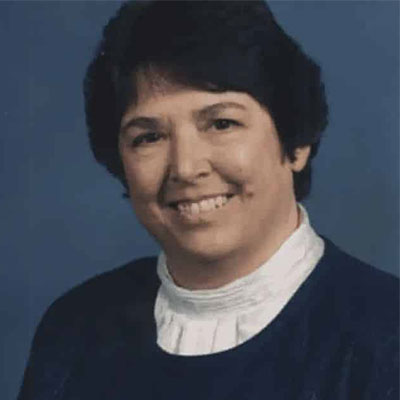
Carla Mariano, EDD, RN, AHN-BC, FAAIM
In Memoriam: Dr. Carla Mariano
Dr. Mariano, a champion of holistic nursing for decades, developed and was past coordinator of the Advanced Practice Adult Holistic Nurse Practitioner program in the College of Nursing at New York University, and developed the Holistic Nursing Certificate and Bachelor of Science Holistic Nursing program here at Pacific College of Health and Science.
AHNCC Standards
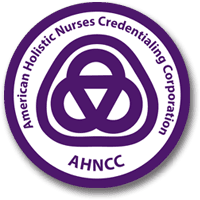
The MSN specialty track in Holistic Nursing Coaching incorporates the competencies of The Art and Science of Nurse Coaching by the American Nurses Association (2nd edition, 2021) and course content is aligned with the test plan of Nurse Coach certification by AHNCC.1080 Marina Village Parkway, Suite 5001080 Marina Village Parkway, Suite 500
Ready to Apply?
If you feel ready to embark on a fulfilling career in holistic nursing and have already spoken to an admissions specialist,
fill out the online application to officially get started!
